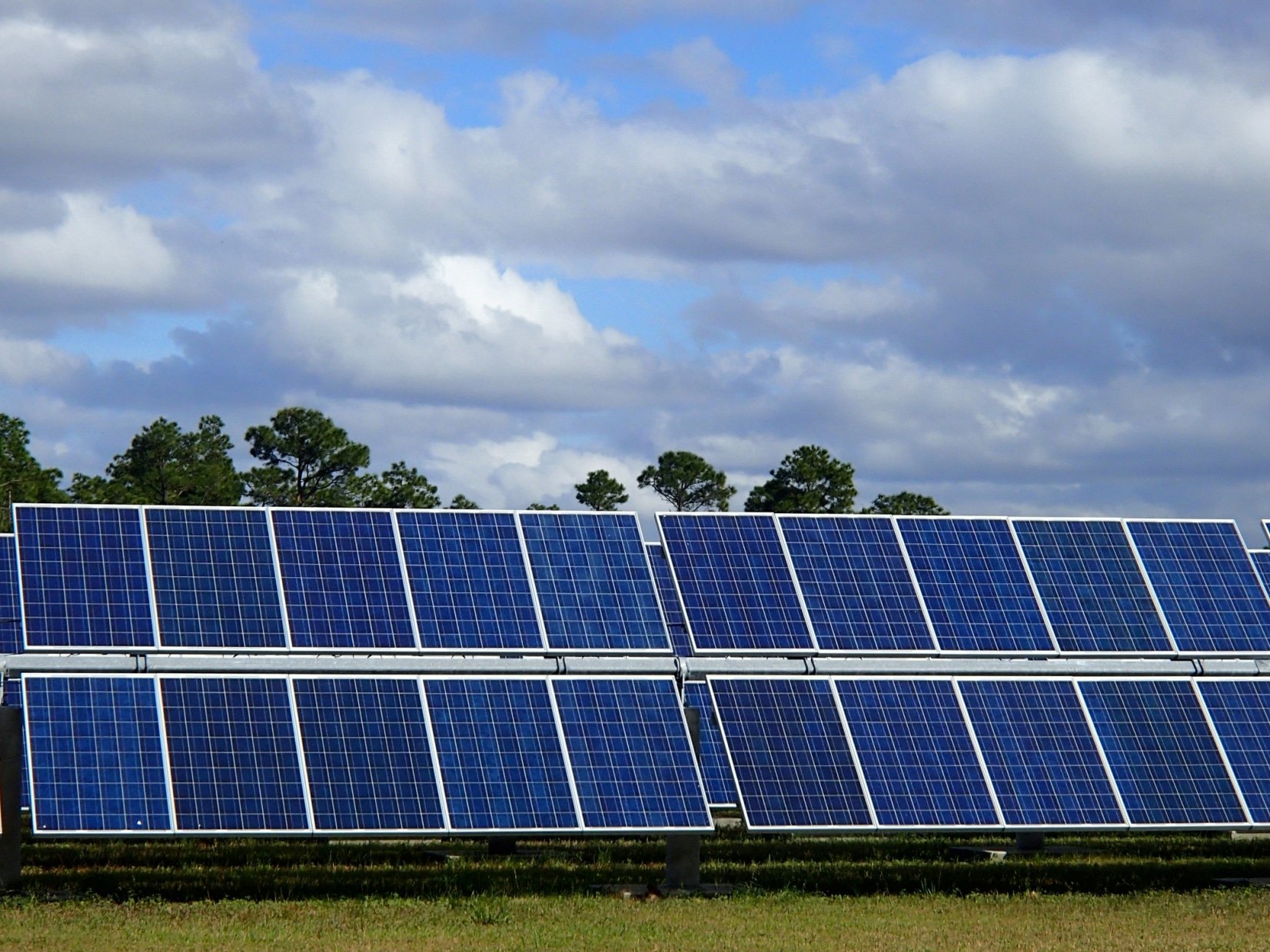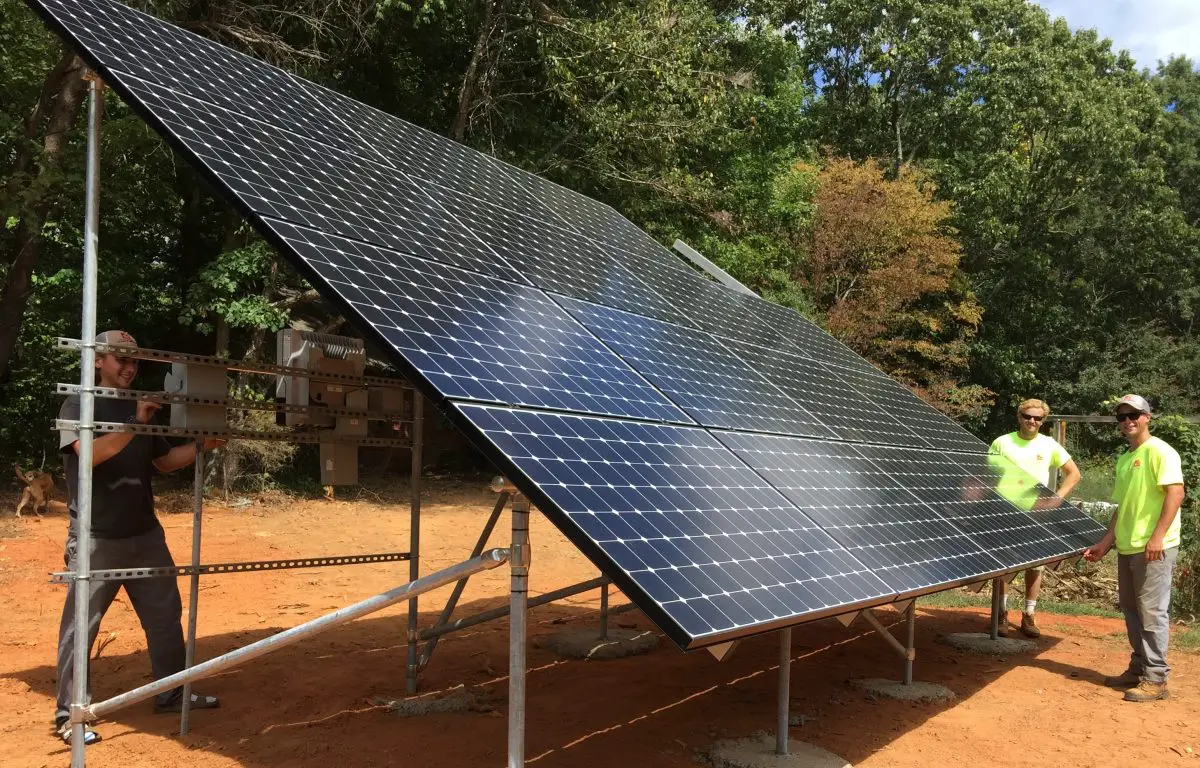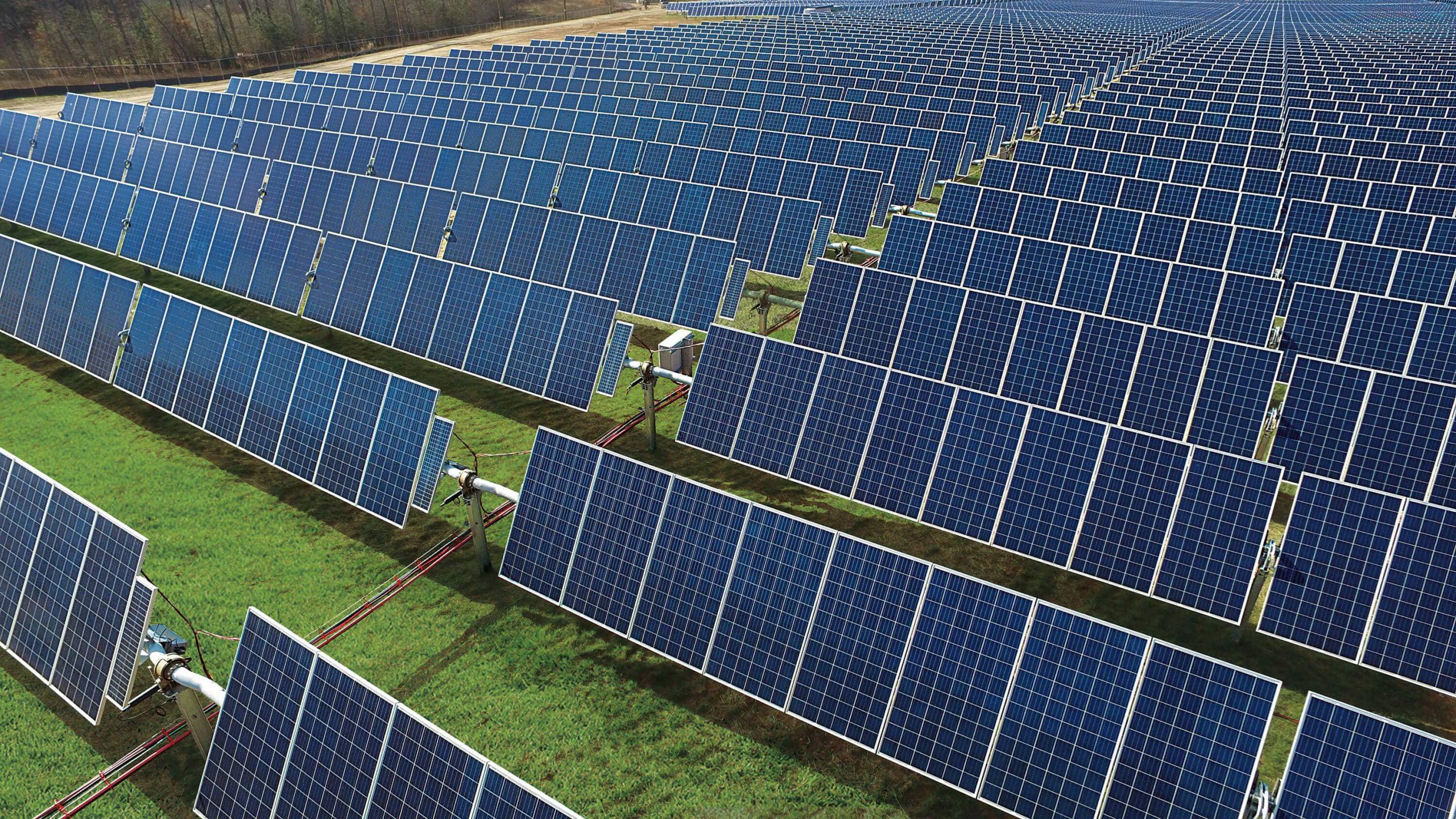How Much Solar Energy Does Raleigh Produce
According to the U.S. Energy Information Association, solar energy accounted for 6% of N.C.’s total energy generation in 2019. A year later, N.C. was the third most-solar-powered state in the nation after California and Texas, having generated around 6,487 megawatts by Q3 of 2020.* The city of Raleigh produces 23.5 watts of solar capacity per person, making the city 40th in the nation in photovoltaic solar installed per capita.
- *. SEIA, “Top 10 Solar States.” State ranking based on the amount of solar electric capacity installed through Q3 2020.
Cost Of Getting Solar Panels In North Carolina
Many factors come into play when it comes to the cost of solar panels NC. The growth of solar in North Carolina is largely due to the Renewable Energy and Energy Efficiency Portfolio Standard . The state provides strong regulatory support. There are also solar incentives to make solar energy more attractive to residents of the Tar Heel state.
How To Buy Solar Panels In North Carolina
Ready to buy solar panels in North Carolina? You may find the following resources helpful as you research solar options in North Carolina.
When doing your research, be mindful of the following factors as well.
- Your local city or homeowners association regulations
- The length of time youll be living in your home
- The current and potential market value of your home
- The amount of tree cover and shade over your roof
- The condition of your roof and when it will need repairs
Also Check: Are Solar Panels Worth It In Illinois
How Much Do Solar Panels Cost
Switching to solar energy requires an up-front investment in equipment and comes with initial installation costs. But after that initial cost, the only recurring charge is the electricity you use beyond the power your panels generate. Assuming your solar system is the right size for your home and is properly installed and maintained, homeowners typically will see long-term savings on electricity bills and a return on their investment after several years.
The Solar Energy Industries Association estimates the national average cost of a residential solar panel system at $2.94 per watt.* For context, the per-watt price translates to just under $11,000 for a 5-kilowatt system, which is the average size of a standard residential solar system in the United States.
The price of solar panels varies by brand and retailer. Keep in mind, however, that solar panels are only a tiny fraction of the total initial cost of setting up a solar system. Installation and ongoing maintenance make up the remaining solar panel system costs.
The table below gives an overview of solar panel costs by state to help give you a general starting point for panel pricing. For comparison, the Energy Information Administration breaks down electricity prices by state for 2020 and 2021.
| State |
|---|
*Based on a June 2021 report
Get Connected With Solar Installers Near You
Federal Solar Tax Credit

The federal solar tax credit is not a North Carolina incentive, strictly speaking, since you can claim it anywhere in the U.S. However, we mention this benefit here because you can combine it with local incentives.
- If you install a solar power system before the end of 2022, you can claim 26% of its value as a federal tax credit.
- The benefit will remain available in 2023, but it will be reduced to 22%.
- After the start of 2024, there will only be a 10% federal solar tax credit for businesses and 0% for homes.
Also Check: How Much To Install Solar Panels On A House
North Carolina Solar Incentives Tax Credits Rebates
Heres a quick look at the solar incentives in North Carolina:
- Federal Solar Tax Credit
- Net Metering
Why You Can Trust EcoWatch
Our solar experts have sifted through hundreds of local governments and utility companies websites to find accurate information about current solar incentives in each state. Weve also unbiasedly ranked and reviewed hundreds of solar installers to empower you to make the right choice for your home.
Types Of Panels & Inverters
Obviously solar panels are what we know about- panels that collect sunlight for use as energy to power your home- but what are inverters?
Inverters are the devices that actually convert that sunlight into usable electricity, and every solar installation will require them to work. So what types of panels and inverters are there out there, and which one is right for you? Below is just a very quick primer on what options there are available:
There are two basic types of panels used in home installations- Monocrystalline and polycrystalline. Monocrystalline panels are the more expensive option, so many homeowners will shy away from them. But, they are smaller, more efficient and work with less direct sunlight, meaning they are good for areas that get more shade or cloud cover. Polycrystalline panels on the other hand tend to be bigger and are often installed on the ground. They need more direct sunlight to work so are best installed away from anything that may shade them.
When it comes to inverters, the kind you use will largely be dictated by what kind of panels you use and where your panels are arranged. Generally speaking, there are three kinds- string inverters, micro-inverters and power optimizers. They all come with different costs, pros and cons, but the kind of inverters you use are generally going to depend on what sort of panels youre using, where theyre located and how theyre arranged, so your installer will be able to give you a better idea of what kind you need.
Also Check: How Much To Register Sole Proprietorship
Solar Tax Credit & Utility Rebates
Now you know the price range of a solar system, but thats only part of the story. North Carolina solar has 2 major incentives available: the Federal Solar Tax Credit and Duke Energys solar rebate. Understanding them is crucial to determining the true cost of your solar system. Heres a breakdown of both:
Which Solar System Is Right For Your Home
When thinking about the best solar panel system for your home, there are four things you need to consider:
- Use
- Durability
- Price
Generally, monocrystalline solar panels have a higher efficiency rate and therefore a higher cost than polycrystalline panels. Similarly, your inverter makes a difference in quality and cost.
Recommended Reading: How Much Does Solar Power Save On Electricity Bills
Cost Of Solar Panels In Nc: Installation
Understanding the cost of solar panels, NC or otherwise, depends on your homes wattage.
To get a better sense of what youll be paying for solar cost in your state, you need to find out how many watts your household produces. In North Carolina, solar power costs about $2.54 per watt.
After that, youll need to get in contact with a solar installation company to get your panels up and ready. The initial cost of installation runs you upwards of $20,000 depending on the model and other factors.
This might sound like a lot of money, but you have to realize that paying for solar panels is a long-term process. Youll find that youre saving thousands of dollars a year due to lower electricity payments each month.
Its estimated that paying off your solar panels in North Carolina takes a little over ten years. There are also credits and rebates you can claim to make that initial cost seem much less detrimental.
Price Of Equipment And Installation
What is the cost of solar panels for my home?
The price of solar panels varies widely depending on how many you need for your home energy consumption. The cost can also vary widely depending on the brand you choose. Think about it in terms of purchasing any other type of equipment: the high-end brands can be pricier, but they will last longer, produce better output, and will come with long warranties. These are all extremely important factors considering the price of initial installation and that these panels should last you over 20 years.
How much do solar panels cost for a 1500 square foot house?
The price for your solar panel system will vary depending on your homes energy needs and if youll want to provide your home with 100% solar energy. It also varies on the type of panel youre planning on purchasing. A very rough estimate for a typical 1,500 square foot home in the U.S. would include covering around $100/month for an average electric bill. This would mean between 15 and 18 solar panels.
How much do solar panels cost for a 2000 square foot house?
For a 2,000 square foot house, around 16 to 25 premium solar panels will supply 100% of your homes electricity needs. Again, discuss this with a Solar Sales Specialist in your area.
How much does it cost to install solar panels?
Here are a few things to be on the lookout for when getting a quote from solar companies.
Recommended Reading: How Often Do Solar Panels Need To Be Replaced
Labor Cost To Install Solar Panels In North Carolina
The solar panels and other materials make up a fraction of the cost of your installation. The labor makes up between $0.88 and $1.10 per watt of the installation. Labor costs can vary depending on the installation and where in the state you are located. Rooftop installations are less costly for labor than ground installations. This is because it is easier to connect the panels to your homes electrical panel from the roof. From the ground, the wires must be run to the house underground, increasing labor costs.
In addition, urban areas tend to have higher labor costs than less-populated areas. These factors contribute to varying labor costs across the state. Below are the average labor costs to install solar panel systems of varying sizes in North Carolina.
| System Size |
|---|
Rebates For Durham Solar Panels

In addition to the incentives already mentioned, theres also a rebate available for customers of Duke Energy Progress. With this incentive, you can further decrease the cost of your solar panels, so you get even greater long-term savings.
| Utility Company | ||
|
Duke Energy Progress |
|
|
You May Like: Is Sole Proprietorship A Business Entity
The Solar Tax Credit: Solars Best Incentive
The best incentive for going solar in the country is the federal solar tax credit, or the investment tax credit . This incentive allows you to deduct 26 percent of the cost of installing solar panels from your federal taxes, and theres no cap on its value. For example, a 10 kW system priced at the national average comes out to $27,600. However, with the ITC, youd be able to deduct 26 percent of that cost, or $7,176, from your taxes. This essentially reduces the cost of your system to the $20,424 price tag we highlighted at the beginning of this article.
Is It Better To Buy Or Lease Solar Panels
Your decision to buy or lease solar panels is a matter of personal preference since there are pros and cons of each option. For example, buying solar panels lets you take advantage of rebate programs to lower the overall cost of your system. Naturally, this requires a larger financial commitment than if you were to lease your panels. Leasing could be a more compelling choice if you plan on moving before your investment pays off.
Don’t Miss: Is Solar Really Worth It
The Cost Of Solar After Installation
Its not talked about as much, but one thing to keep in mind about the cost of a solar panel installation is the cost to keep and maintain that system. In general, solar panels require little to no maintenance over their lifetime, and you shouldnt expect to shell out much money at all once your panels are installed and operational. Theres always the off-chance something happens thats not covered by your warranties, however. You may need to trim trees as they grow, or hire a cleaner if you live in an area of the country with abnormal air pollution. Learn more about what you could run into post-installation in our article about the costs of solar panels after theyre installed.
Is Solar Right For Me Financially
We truly are saving more than just the planet at NC Solar Now. In order for thousands of North Carolina homeowners to have invested in solar thus far, our solar power systems have to make good financial sense. So, lets explore how we can help you save on or eliminate your electric bill. Well cover the decrease in monthly out of pocket expenses, the value increase to your home, tax credits and Dukes rebate program.
Also Check: What Do Solar Panels Do For Your House
How Much Do Solar Panels Cost In Onslow County Nc In 2022
As of July 2022, the average solar panel cost in Onslow County, NC is $2.92/W. Given a solar panel system size of 5 kilowatts , an average solar installation in Onslow County, NC ranges in cost from $12,410 to $16,790, with the average gross price for solar in Onslow County, NC coming in at $14,600. After accounting for the 26% Federal Investment Tax Credit and other state and local solar incentives, the net price you’ll pay for solar can fall by thousands of dollars.
Importantly, these costs are typical for solar shoppers comparing solar quotes on the EnergySage Marketplace. When you compare quotes for solar panels on EnergySage’s competitive solar marketplace, you can expect to see prices up to 20% lower than working with a single solar company.
Federal Solar Investment Tax Credits
A major reason so many people are making the switch to solar is because of the federal solar investment tax credit. The tax credit which is 26%, is a dollar-for-dollar reduction on the amount of income tax that you owe. Many homeowners may think theyre ineligible for the solar tax credit because at the end of the year, they dont have an additional tax bill, but thats not the case.
Not only can the federal solar tax credit get back a refund of the taxes you have already paid from your paycheck, but if you dont have enough tax liability to claim the credit in that year, you can roll over the rest of your credits to a future year. The rate of the federal solar tax credit is 26% through the end of 2022, but it will drop to 22% in 2023, which will be the last year.
Recommended Reading: Does Pine Sol Keep Ants Away
Unexpected Situation In Nc Solar Industry
As with any other market, some awareness is necessary for the NC Solar Industry as well. Although most companies employ ethical business practices, some less-than-ideal situations may emerge as the market expands. Malpractice in the NC Solar Industry may include:
- Manipulative Sales Tactics some solar panel installation companies may over advertize and stream messages of fear or manipulation to the consumers be aware of this practice and choose the best solar installer in NC based on numbers and logic, not feelings and fear
- Utilities discouraging customers from going solar certain utility companies may pay less for solar that is considered ethical. Always contact them and ask around and switch to a higher-paying utility company. Even a 10% difference in solar rates can accumulate over 25+ years that the solar panels are supposed to last
- Misinformation in the Media some media may overdramatize their negative solar experience headlines for the sake of getting more readership on board, not because the experiences are so catastrophic always read carefully and check the information you find under such headlines.
How Are Solar Panels Installed

In a sense, all the research youre doing now is the hardest part of installing solar panels on your home. The time between when you get a quote from a solar energy company to solar panel installation can be anywhere between one and four months. The whole process can be described in six steps:
Consider hiring a good electrical engineering consultant to look over the proposed system prior to purchase as well. This will help ensure that you get the right system for your needs.
Also Check: How Effective Are Solar Panels
